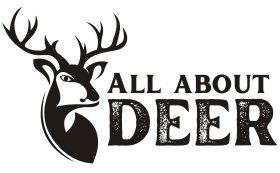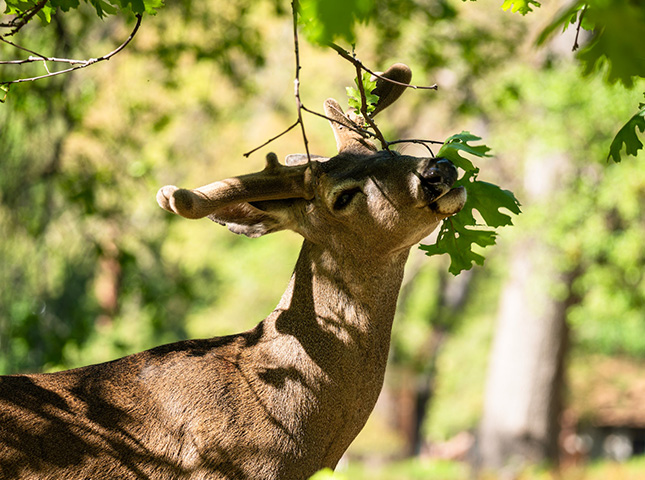Petunias, with their vibrant colors and delicate petals, are a favorite among gardeners. However, if you have deer frequenting your garden, you might wonder if these beautiful flowers are safe from their voracious appetites. The question arises: Do deer eat petunias? Let’s delve into this topic and uncover the relationship between deer and petunias.
Table of Contents
Key Takeaways:
- Deer are known to eat a variety of plants, including petunias.
- Petunias are not on the top of their preferred food list, but they will eat them if other food sources are scarce.
- There are methods to deter deer from your garden and protect your petunias.
Why Are Petunias Attractive to Deer?
Deer’s Dietary Habits
Deer are opportunistic feeders. While they have their preferences, they won’t shy away from trying different plants, especially when their regular food sources are scarce. Petunias, being soft and easily accessible, can become a target.
Nutritional Value
Petunias, like many other plants, offer a source of nutrition for deer. They provide them with essential vitamins and minerals that are beneficial for their health.
Easy Accessibility
Petunias are often planted in open spaces or close to the edges of gardens, making them easily accessible to deer. Their height and location can make them an easy target.
How to Protect Your Petunias from Deer
Fencing
One of the most effective ways to keep deer away from your garden is by installing a fence. A height of 8 feet or more is recommended as deer are excellent jumpers.
Repellents
There are various deer repellents available in the market. These can be sprayed on or around the petunias to deter deer. Natural repellents like garlic and hot pepper sprays can also be effective.
For a visual guide on protecting your garden, check out this video:
Planting Deer-Resistant Plants
Surrounding your petunias with plants that deer dislike can act as a natural barrier. Plants with strong scents or bitter tastes are usually less appealing to deer.
Motion-Activated Sprinklers
These sprinklers detect movement and spray water, scaring away the deer. It’s an effective and humane method to keep deer at bay.
Table: Deer-Resistant Plants
| Plant Name | Type | Reason for Deer Resistance |
|---|---|---|
| Lavender | Herb | Strong scent |
| Rosemary | Herb | Pungent taste |
| Foxglove | Flower | Toxic to deer |
| Marigold | Flower | Strong odor |
For more on deer-resistant plants, you might find this video informative:
Frequently Asked Questions
1. What time of day are deer most likely to eat petunias?
Deer are crepuscular creatures, meaning they are most active during the twilight hours of dawn and dusk. This is when they are most likely to venture into gardens and sample plants like petunias. However, if they feel safe and undisturbed, they might also feed during broad daylight.
For more insights on deer’s activity patterns, check out:
2. Are there specific varieties of petunias that deer prefer?
While deer aren’t particularly selective, they seem to have a slight preference for the tender, new shoots and buds of petunias. The larger and more fragrant the blooms, the more attractive they might be to deer.
3. How can I make my petunia garden less appealing to deer?
In addition to the deterrent methods mentioned in Part 1, planting deer-resistant plants around your petunia garden can help. Plants with strong odors or bitter tastes, such as lavender and rosemary, can act as natural repellents.
For a list of deer-resistant plants, refer to:
4. Do deer eat both annual and perennial petunias?
Deer don’t discriminate between annual and perennial varieties. If they’re hungry and the petunias are accessible, they’ll likely eat them regardless of the type.
5. Will deer completely destroy my petunia garden?
While deer can cause significant damage, especially if they visit frequently, it’s uncommon for them to completely decimate a petunia garden. They might eat the buds and some leaves, but established plants will likely survive and regrow.
For tips on reviving a garden after deer damage, this link might be helpful:
Additional Resources
If you’re keen on understanding deer behavior and their dietary preferences further, these resources might be of interest:


